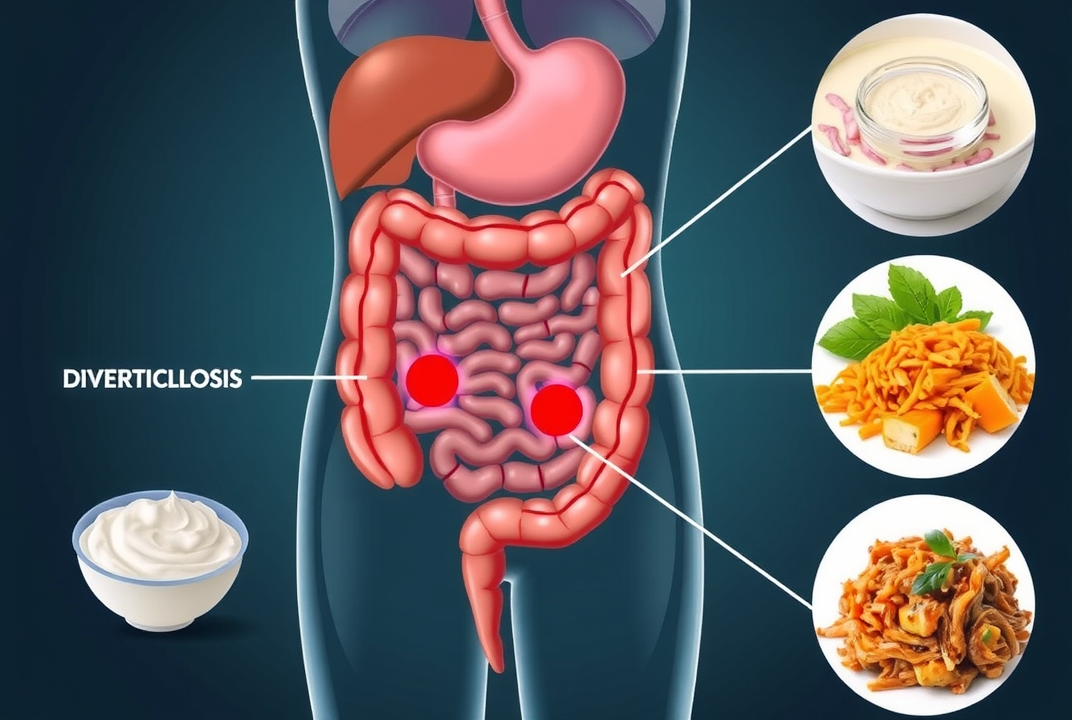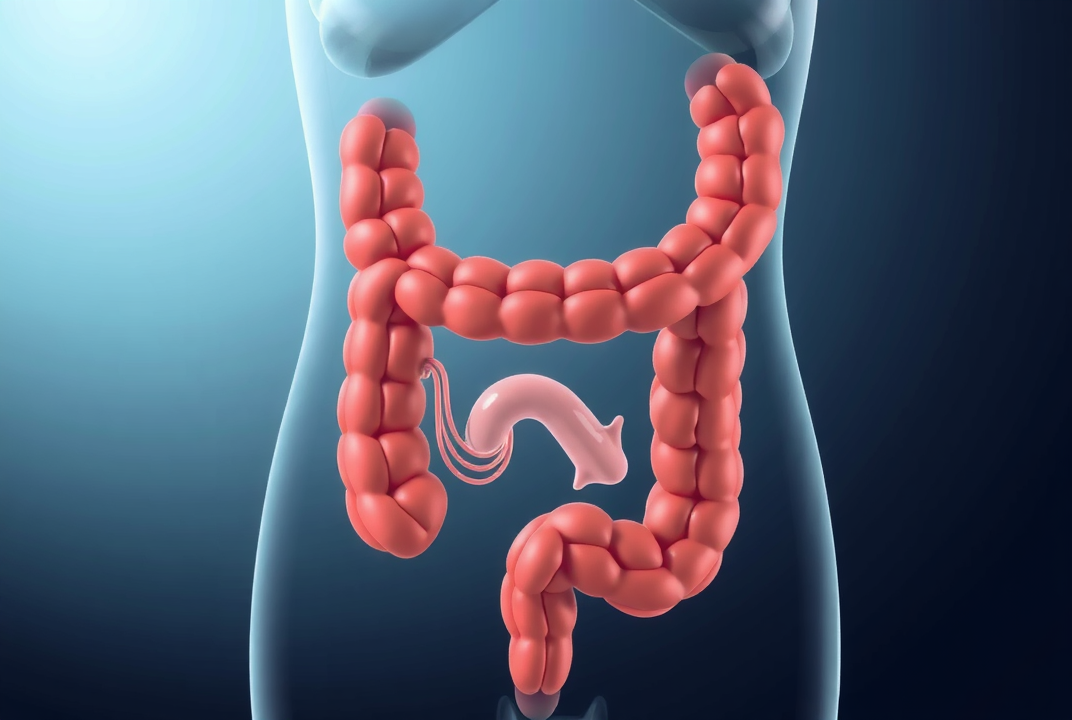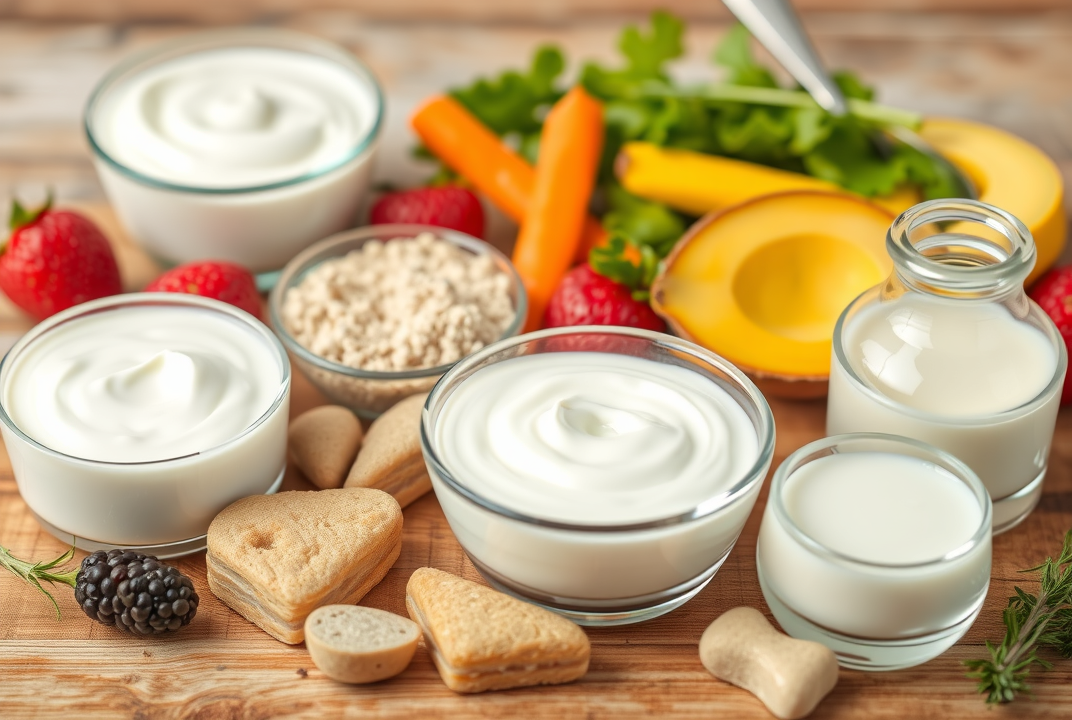Probiotics in Managing Diverticulosis and Diverticulitis

Introduction
Did you know that your gut hosts trillions of bacteria that play a crucial role in your overall health? These bacteria are part of your microbiome, a community of microorganisms essential for digestion, immunity, and even mental well-being. The health of this complex ecosystem is particularly vital for individuals dealing with diverticulosis and diverticulitis.
In this article, we will explore diverticulosis and diverticulitis, focusing on how probiotics might support their management. You’ll understand the importance of gut health, how probiotics function, and their potential benefits in alleviating symptoms associated with these conditions.
Understanding Diverticulosis and Diverticulitis
What are Diverticulosis and Diverticulitis?
The term "diverticulosis" refers to the presence of small pouches called diverticula in the colon wall. These formations are common as people age, particularly beyond 40. While diverticulosis usually doesn’t cause symptoms, it can lead to problems when one or more pouches become inflamed or infected—a condition known as diverticulitis. Symptoms often include abdominal pain, fever, and changes in bowel habits.

Common Causes and Risks
While the exact cause of diverticular diseases is unclear, low-fiber diets, aging, and genetic factors seem to play significant roles. Insufficient fiber may cause increased pressure in the colon, leading to diverticula formation. Risk factors such as obesity, smoking, and a sedentary lifestyle may also contribute to the development and severity of these conditions.
The Role of Gut Health in Digestive Diseases
Why Gut Health Matters
The gut microbiome—composed of trillions of bacteria, viruses, and fungi—affects almost every aspect of health. Disruptions can lead to various issues, including inflammatory diseases. A balanced microbiome helps in digestion, synthesizes vitamins, and protects against harmful bacteria.
Microbiome Imbalance and Diverticular Diseases
An imbalance in the gut microbiome, often termed dysbiosis, has been linked to several digestive conditions. For individuals with diverticulosis, maintaining a healthy microbiome is crucial to potentially prevent progression to diverticulitis and reduce inflammation.
How Probiotics Might Help
Probiotics and Their Functions
Probiotics are live microorganisms that, when consumed in adequate amounts, confer health benefits. These "good" bacteria are found in supplements and fermented foods. They work by enhancing the gut microbiota balance, supporting the intestinal barrier, and modulating immune responses.
Probiotics in Managing Diverticulosis and Diverticulitis
Research suggests that probiotics might help in managing diverticular diseases by reducing inflammation and enhancing mucosal health. They can improve gut barrier function and help restore microbial balance, which may alleviate symptoms.

Practical Probiotic Sources
Foods and Supplements
Incorporating probiotics into your diet can be easy. Fermented foods such as yogurt, kefir, sauerkraut, and kimchi are rich sources of these beneficial microorganisms. In addition, many supplements contain targeted strains known for supporting digestive health.
Choosing the Right Probiotic
Not all probiotics are the same, and different strains offer various benefits. It is advisable to consult with a healthcare provider to select an appropriate strain and dosage, particularly if you're dealing with diverticular diseases.
Considerations for Probiotic Use
Consultation and Safety
Before starting probiotics, it’s essential to consult with a healthcare professional, especially for individuals with compromised immune systems or severe chronic conditions. While probiotics are generally considered safe, they may interact with other treatments or cause unwanted effects in certain people.
Conclusion
Integrating probiotics into your lifestyle can be a valuable tool in managing diverticulosis and diverticulitis. By supporting a balanced gut microbiome, probiotics might not only alleviate symptoms but also enhance overall digestive health. Consider discussing probiotic options with your healthcare provider to identify the best approach tailored to your needs.
For further reading, explore articles on gut health and nutritional therapies for digestive conditions.